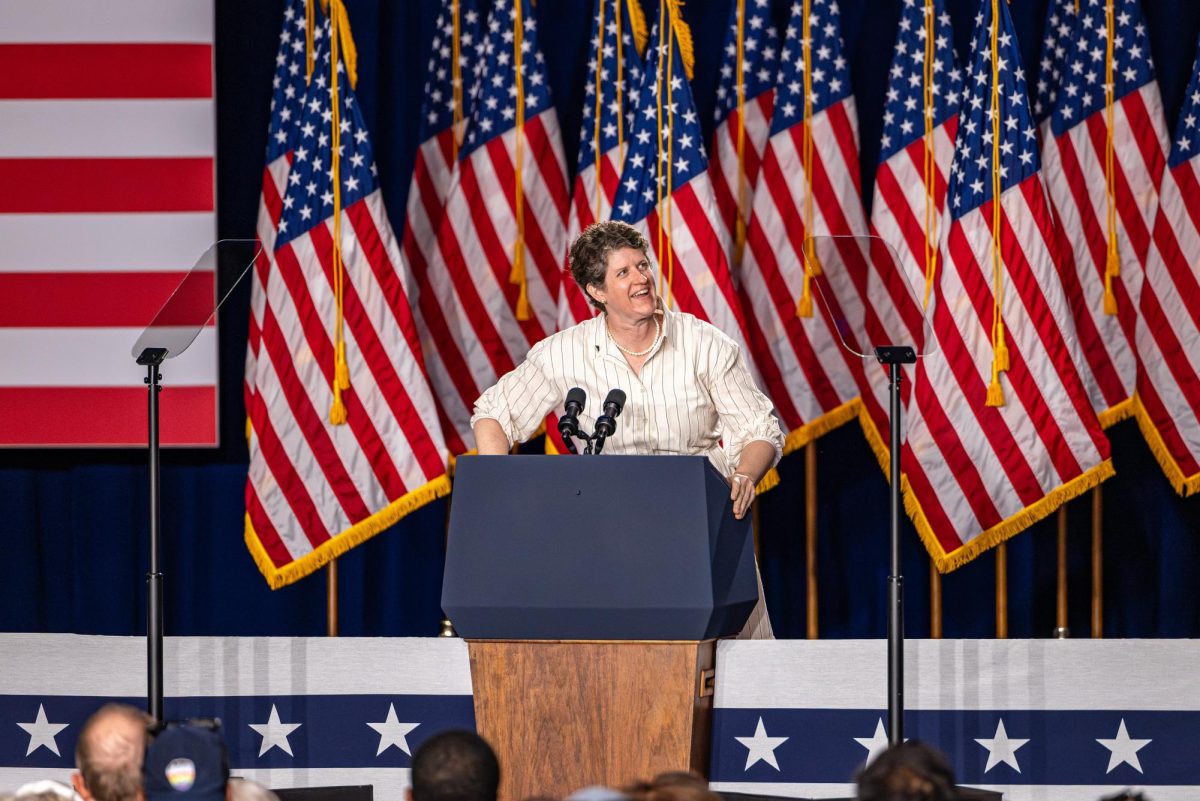Shortly after her reelection as state superintendent of public instruction, Jill Underly gave a testimony before the Joint Committee on Finance highlighting the necessity for increased funding for public education. Underly addressed the continual underfunding of public education in Wisconsin and warned her audience the state of education will decline if this is not fixed, according to the testimony.
“Because we know what happens if we don’t take action – our kids, our learners and our state will suffer,” Underly said in the testimony. “We cannot afford to wait.”
In the testimony, Underly commended Gov. Evers’ 2025-2027 budget proposal, which allocates funds and addresses the budget for education in various ways. The budget includes an increase in per-pupil revenue limit, which is the amount of revenue allocated to public schools based on the number of students.
Underly also mentioned the need for an increased special education reimbursement rate from 30% to 60%. The reimbursement rate refers to the percentage of special education costs, such as transportation and instructional costs, which are reimbursed to the school.
The testimony called attention to children facing food insecurity in Wisconsin and the need for investment in farm to school programs, which connect local forms with schools to provide nutritious meals.
There is a growing number of students participating in the free and reduced lunch program in Wisconsin, according to Rep. Francesca Hong, D-Madison, who is a member of the Committee on Education and endorsed Underly for reelection. Hong believes Underly’s proposed $4 billion budget is important in addressing food insecurity for students.
Hong expressed concerns about the impact of funding cuts from the U.S. Department of Education disproportionately impacting students in special education programs as well as lower income families.
“The Department of Education cuts are rooted in cruelty and for them to go after the way we feed and educate kids is incredibly distressing,” Hong said.
Uncertainty in federal funding will also dictate whether Underly’s proposed budget will be sufficient for public education, Hong said. She explained funding for the Department of Public Instruction is especially important to ensure the growing mental health crisis is being addressed as well.
Hong commended Underly’s work in addressing the teacher shortage, increasing mental health resources and advocating for rural schools in her first term. She expressed optimism for what is to come in the new term.
“I am thrilled that we can continue our partnership and that we have a public education champion that’s going to ensure every kid has an opportunity to thrive in the learning environments that they deserve,” Hong said.



